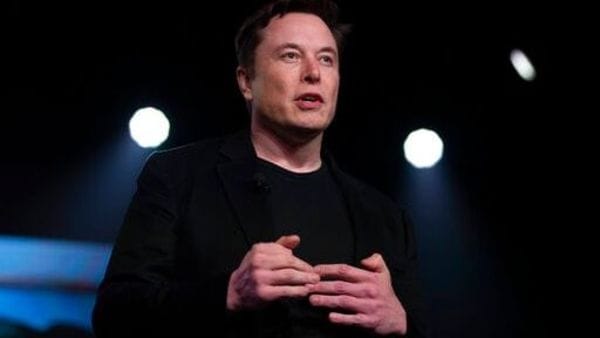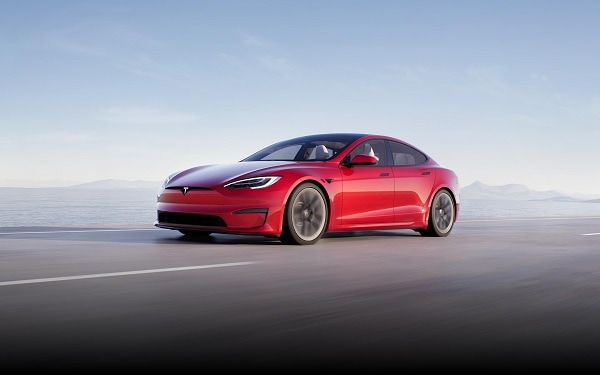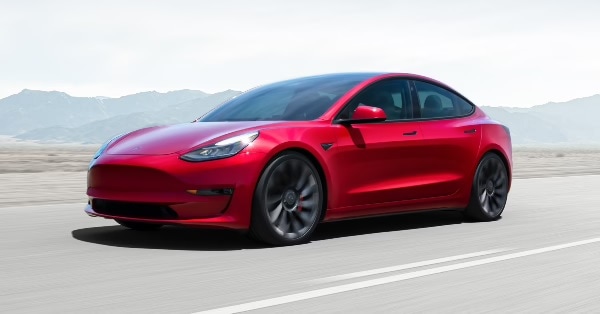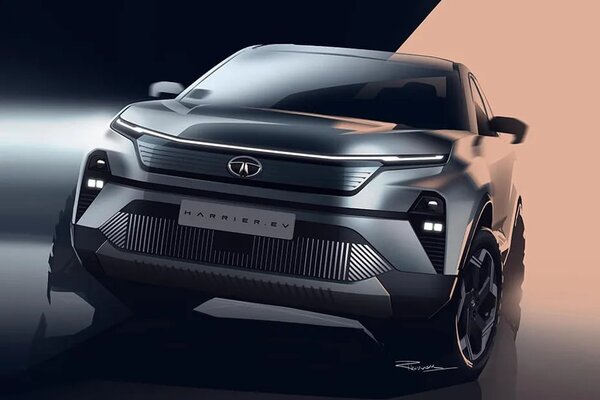Tesla CEO Elon Musk says US EV tax bill shouldn't pass. Here's why


Tesla CEO Elon Musk on Monday said that the US EV bill meant to boost subsidies for electric vehicles (EVs) shouldn't be approved by the Congress because it might worsen the country's budget deficit. The bill proposes to give union-made, US-built electric vehicles an additional $4,500 tax incentive.
The bill proposes to boost the maximum tax credit for such electric vehicles to $12,500, including a credit of $500 for using US-made batteries, up from the current $7,500. However, Tesla and other foreign automakers do not have unions at their US factories.
Also check these Vehicles
Also Read : Tesla, Toyota indulge in dispute with Ford, UAW over US EV tax bill
Speaking at the WSJ CEO Council Summit, Musk said, “Honestly, it might be better if the bill doesn't pass. I'm literally saying get rid of all subsidies." He added that the government just tries to get out of the way and not impede progress.
The US EV tax bill benefits Detroit's Big Three automakers - General Motors, Ford Motor and Stellantis, the parent of Chrysler. All these auto makers assemble their US-made vehicles in UAW-represented plants. Those facing a loss are the likes of Tesla and other foreign automakers operating in the country who do not have unions representing assembly workers.
Also Read : Tesla rolls out new Full Self-Driving Beta update with improved object spotting
Earlier in September, Musk has tweeted that the EV incentives were "written by Ford/UAW lobbyists, as they make their electric car in Mexico. Not obvious how this serves American taxpayers". Honda Motor, which builds vehicles at its plants in Alabama, Indiana and Ohio, had said that the EV incentive bill “discriminates among EVs made by hard-working American auto workers based simply on whether they belong to a union".
Musk also reiterated opposition to a proposal by Democrats to tax billionaires. "It does not make sense to take the job of capital allocation away from people who have demonstrated great skill... and give it to, you know, an entity that has demonstrated very poor skill in capital allocation, which is the government," he said.
(with inputs from Reuters)








 75 kWh
75 kWh 396 km
396 km















